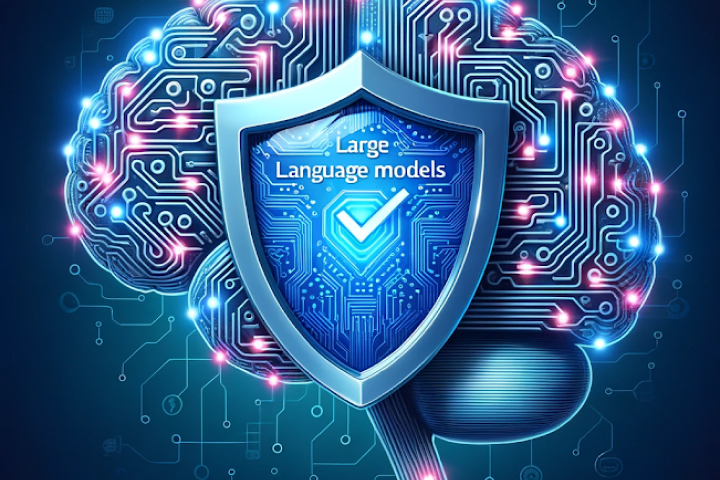
Think about a world where your AI chatbot knows you better than your best friend, remembers all the talks you’ve had, and might even guess what you’ll say next. Sounds like a story from a book, right? But it’s not too far from real life. With new learning in machines and AI, we’re already seeing strong language models like GPT-4 and ChatGPT becoming part of our everyday lives. But can these language models keep our secrets safe? A team of respected researchers from Carnegie Mellon University and the National University of Singapore tried to find the answer.
Let’s discuss a term you’ll hear often: ‘Contextual Privacy.’ In 2004, Helen Nissenbaum shook things up with her new idea that privacy isn’t just about hiding things—it’s about the situation in which information is shared. For instance, you’d be comfortable sharing your health records with your doctor but maybe not with your insurance agent, right?
You might be thinking, haven’t people already studied the privacy parts of language models? Yes, they have, but most research has looked at whether these AI models could accidentally give out your personal details like your name or social security number. This research goes one step further. It asks a detailed question: How do these AI models decide what information to share and with whom?
Now, let’s get into the details. The researchers tested several models—GPT-4, ChatGPT, InstructGPT, Llama-2 Chat, and FunAI-Un2—to see how well they could keep your privacy safe. And they didn’t just look at it casually. They used measurements to see how well these models matched with human thoughts about what should be kept private.
For the tech-savvy folks, they used Pearson’s correlation to measure this. Higher numbers mean a better match with human judgment. Here’s the summary:
The models did okay when it came to understanding sensitive information but had more trouble when tasks got complex or required understanding the context of sharing that information.
You might know about Differential Privacy, a method often used to protect data. But there’s a problem: this document says that Differential Privacy doesn’t work for everything, especially for complicated, situation-based data.
The research also carried out tests on using these language models as AI meeting helpers. The models were quite inconsistent. Some gave away secret information, while others even missed out on public details that should have been included. Llama-2 Chat, in particular, did better than others in keeping things quiet.
Here’s where it becomes even more fascinating. While this study gives numbers to the problem, it also starts talks on ethics and moral decision-making. For example, should an AI model tell a secret if it’s the ‘right’ thing to do according to society’s rules?
One serious point to remember is that simple solutions like better prompts or filtering systems are just not enough to solve these detailed issues. There’s a need for more basic changes to how these models work, especially in understanding the situations in which information should be shared or kept secret.
In short, it’s not just about making smarter AI; it’s about making AI that understands us better. The study suggests the need for these models to have a ‘theory of mind,’ which is a fancy way of saying they need to understand that different people have different thoughts and feelings.
As AI models like these become more integrated into our lives, it’s vital to understand their effect on our privacy. The study highlights that there’s still a lot of work to be done to make AI truly reliable, especially when it comes to respecting our privacy in different situations.

Our vision is to lead the way in the age of Artificial Intelligence, fostering innovation through cutting-edge research and modern solutions.